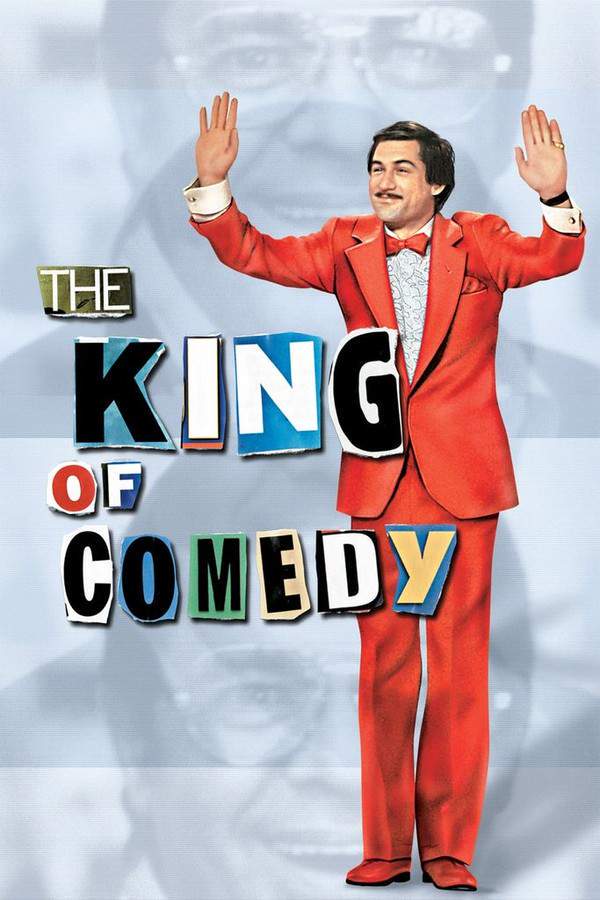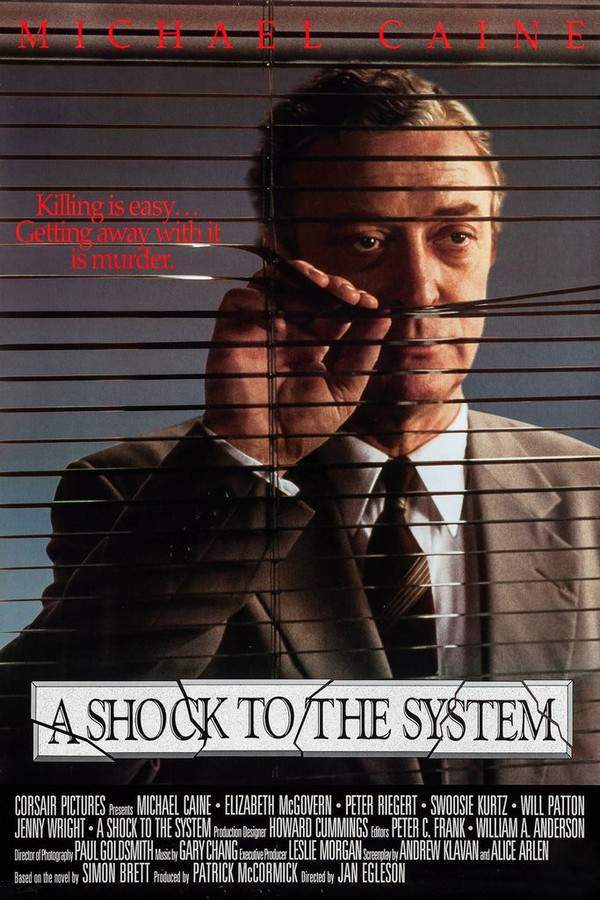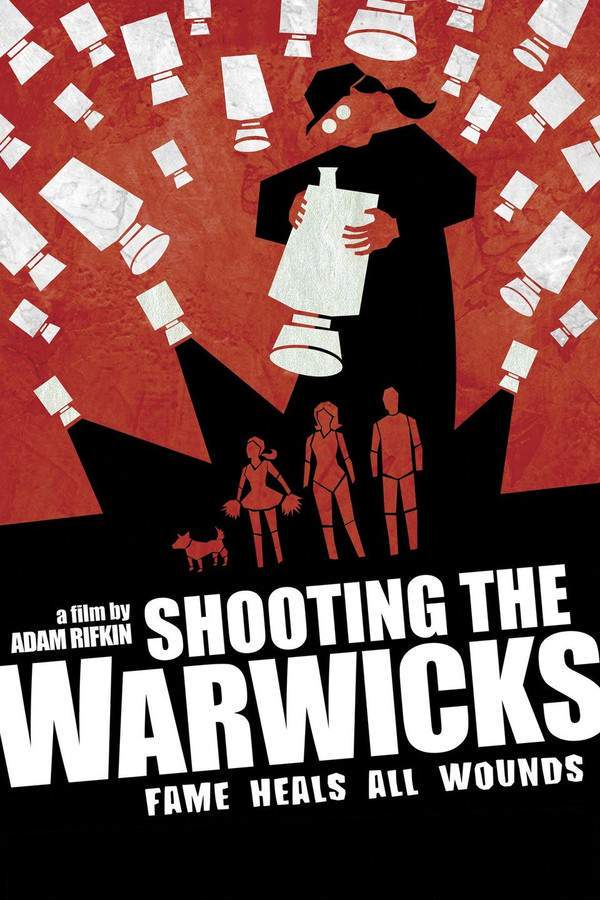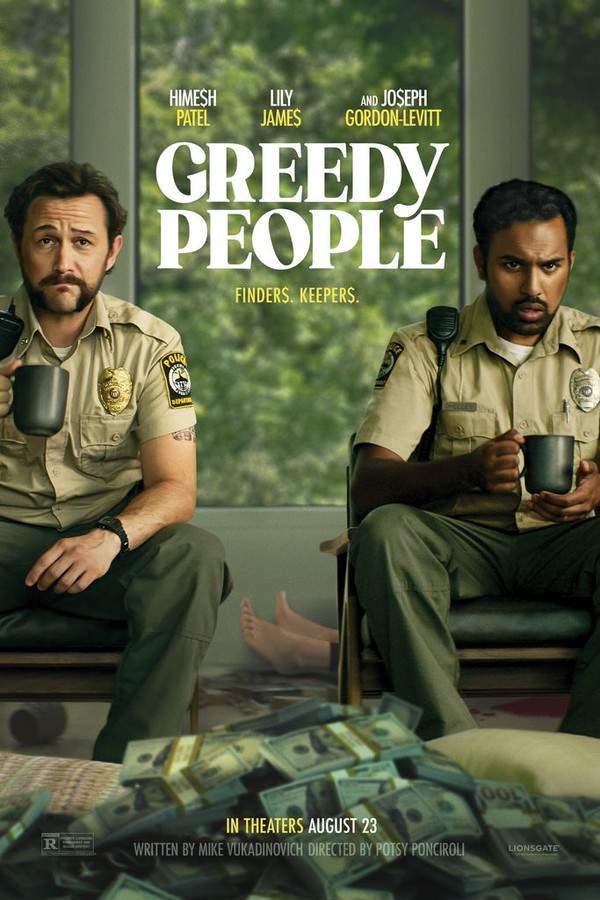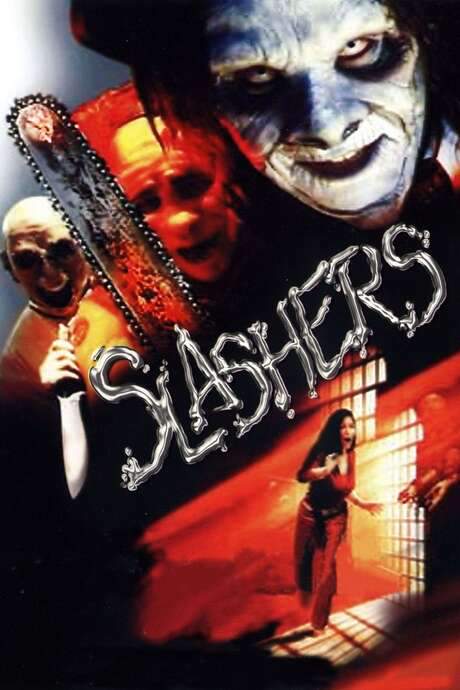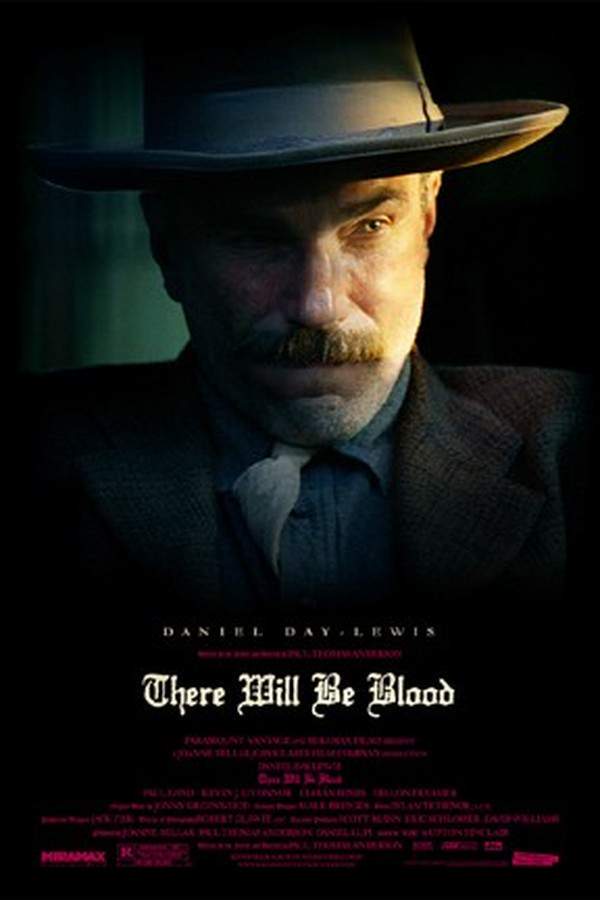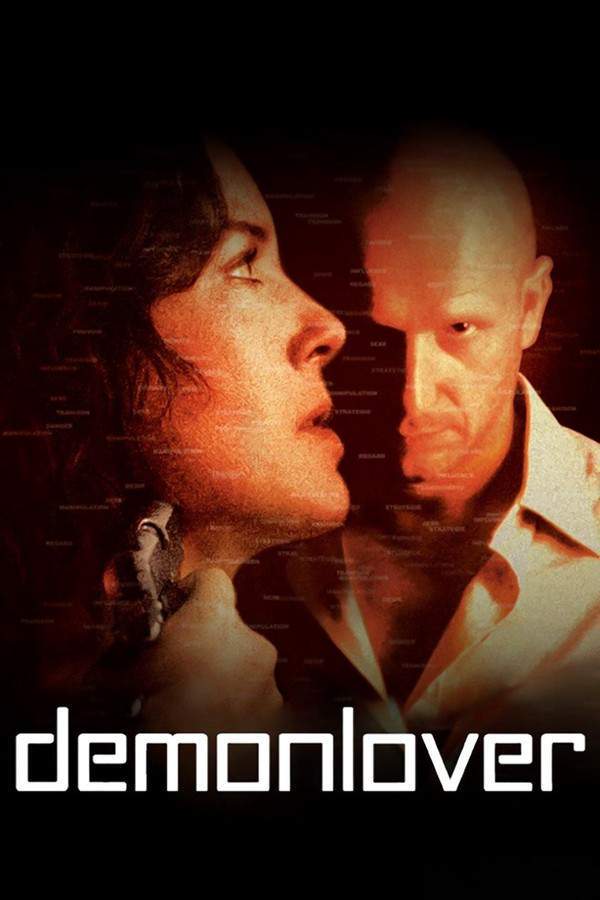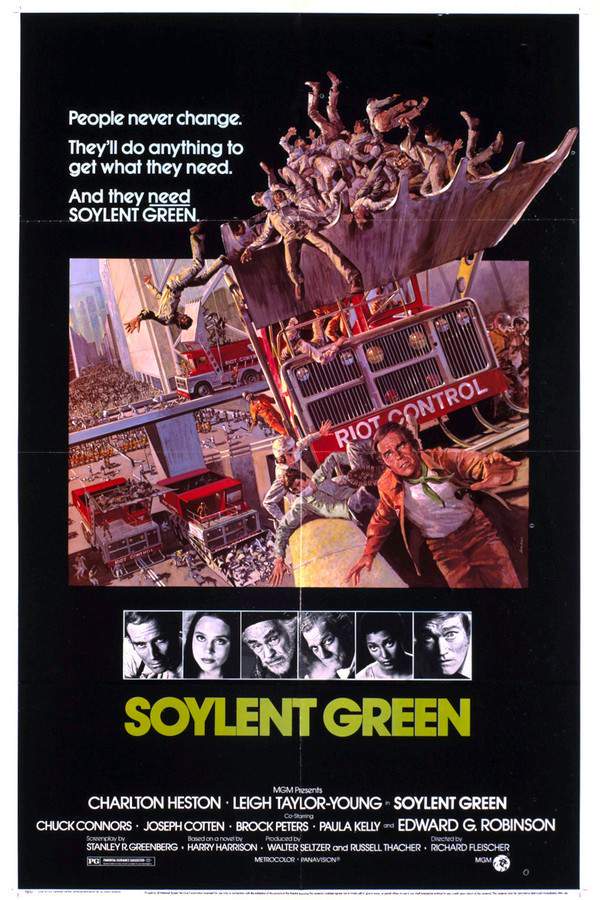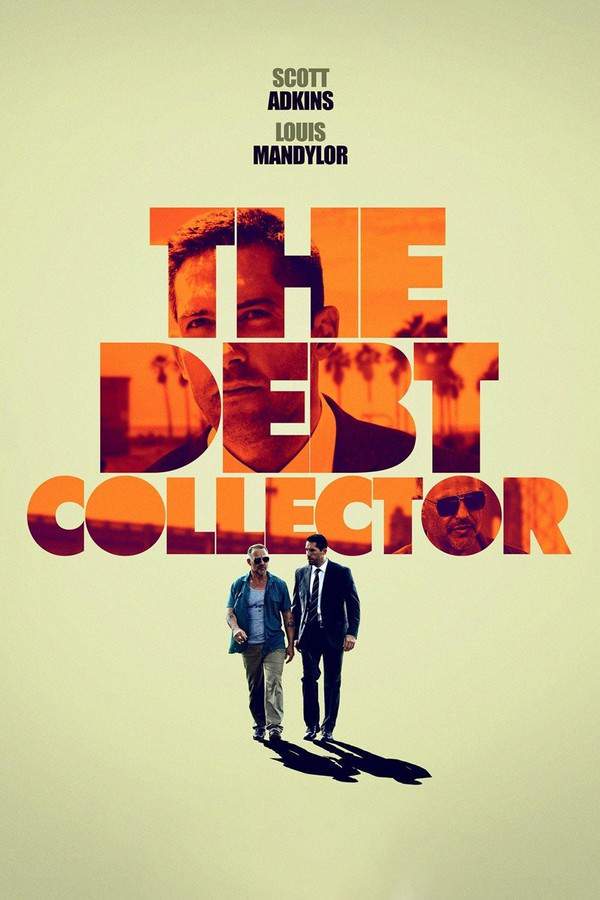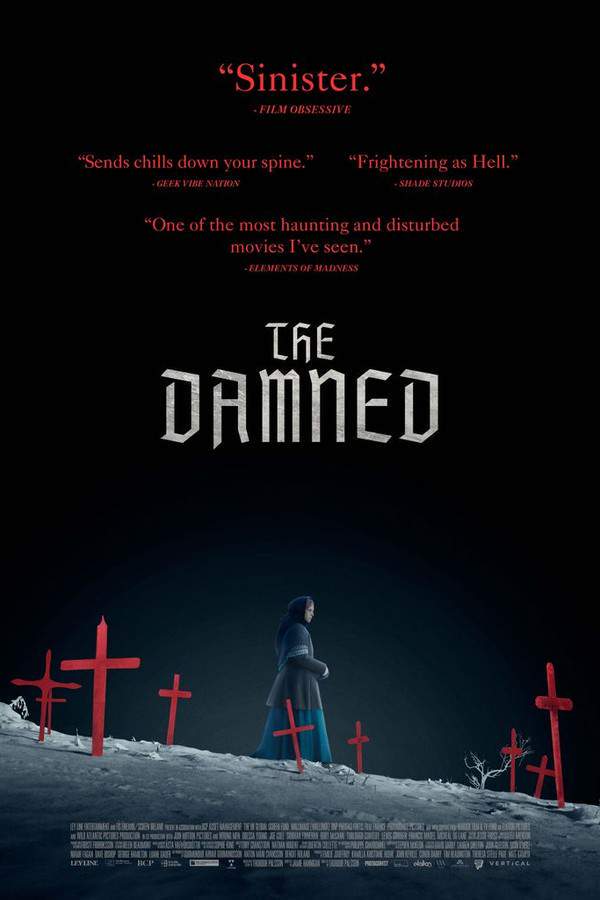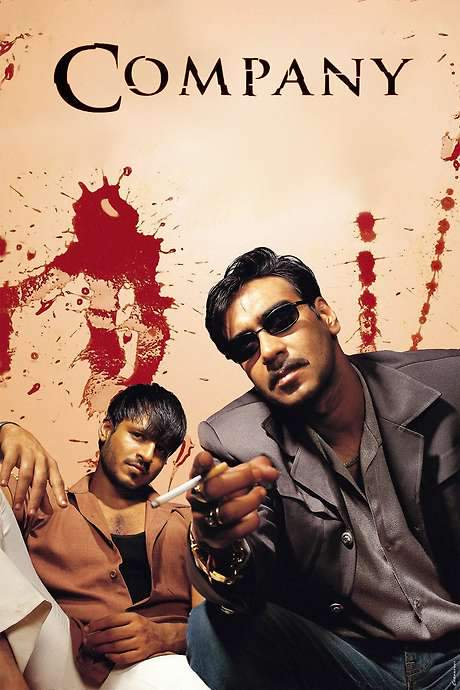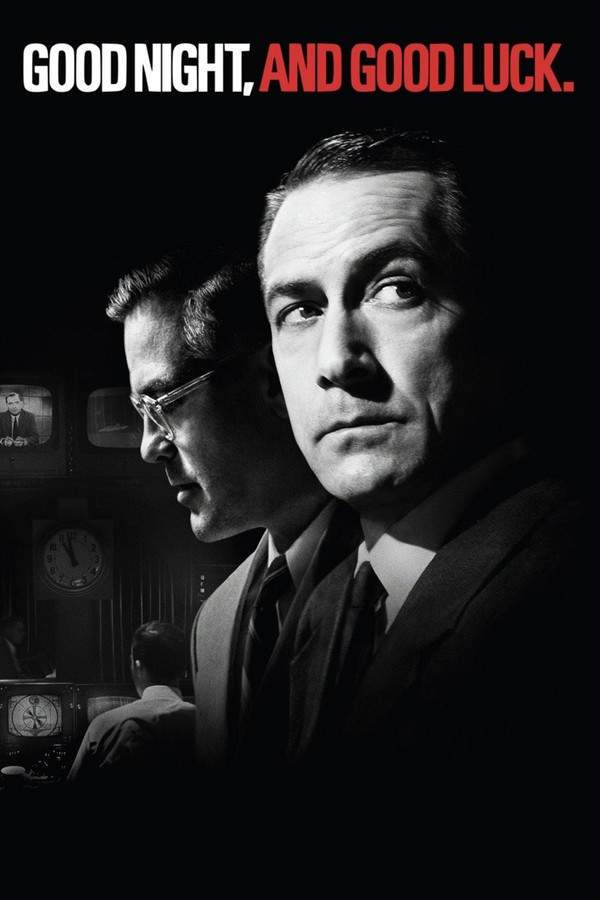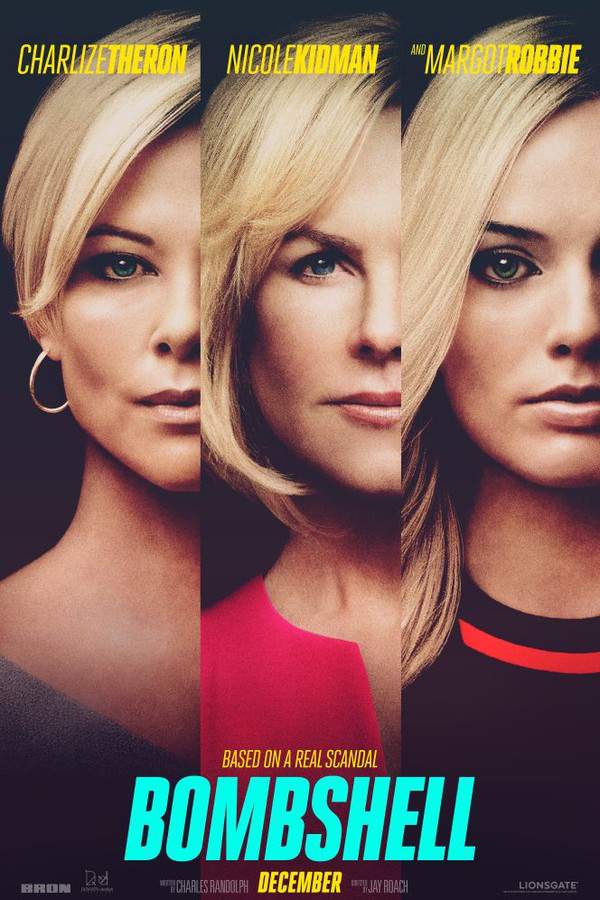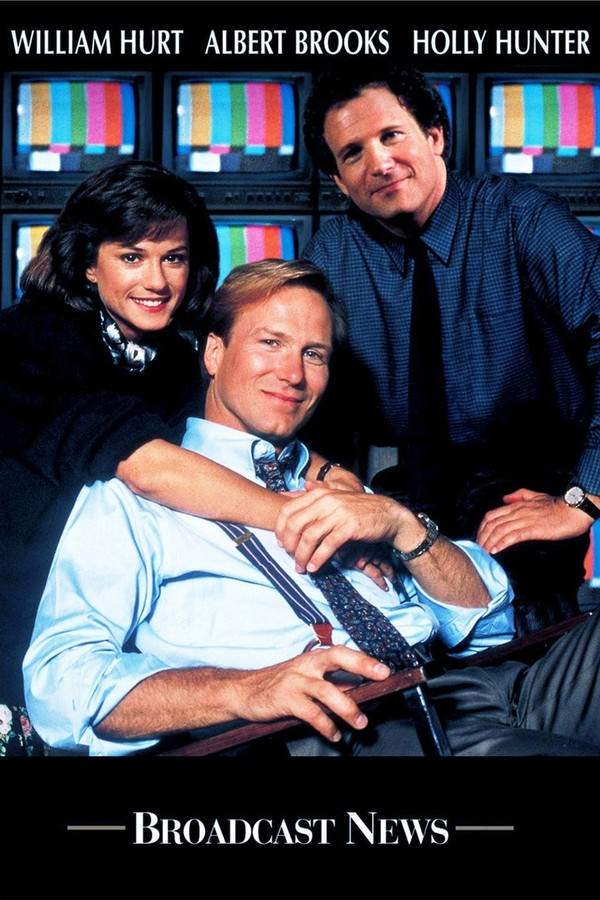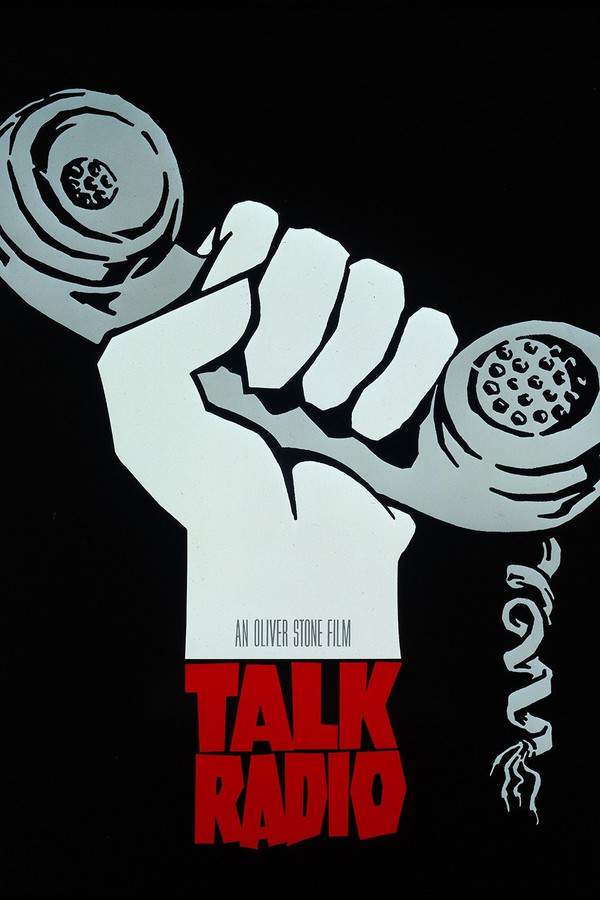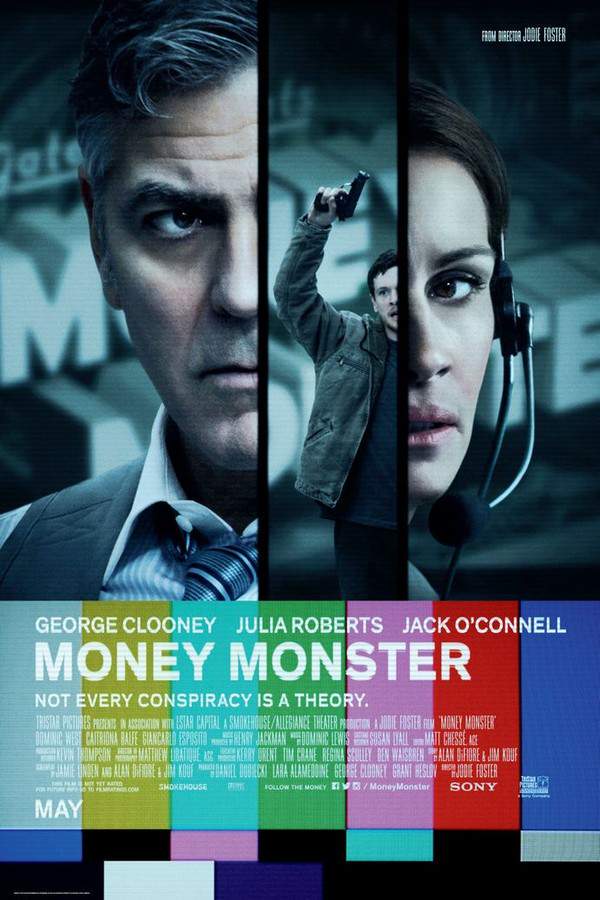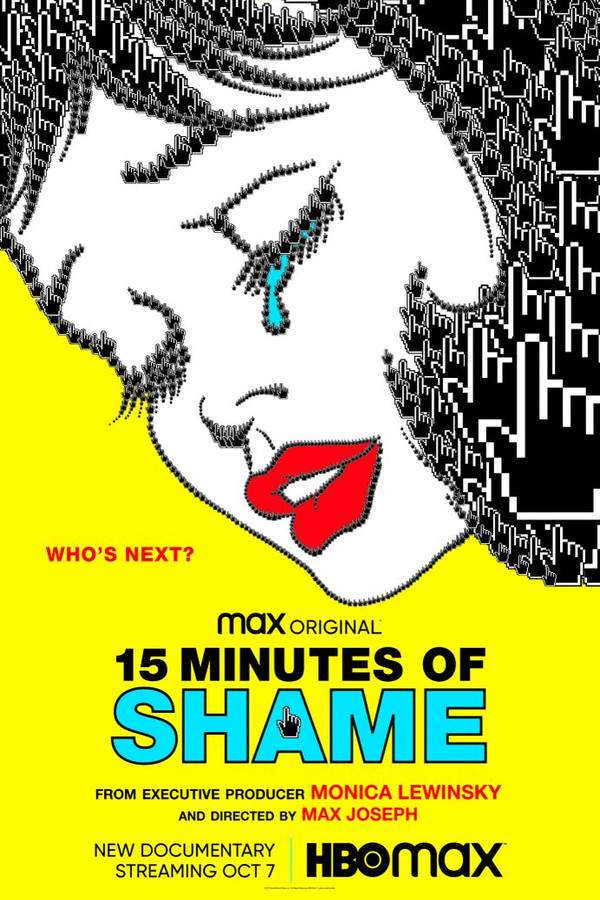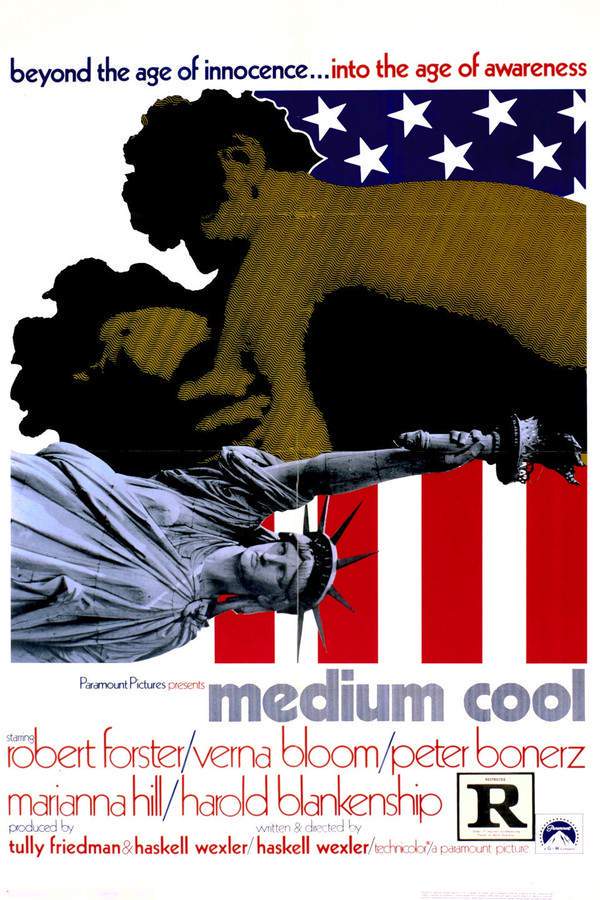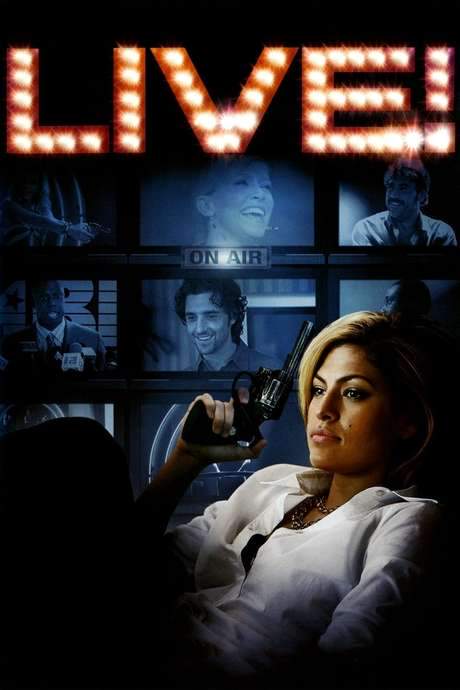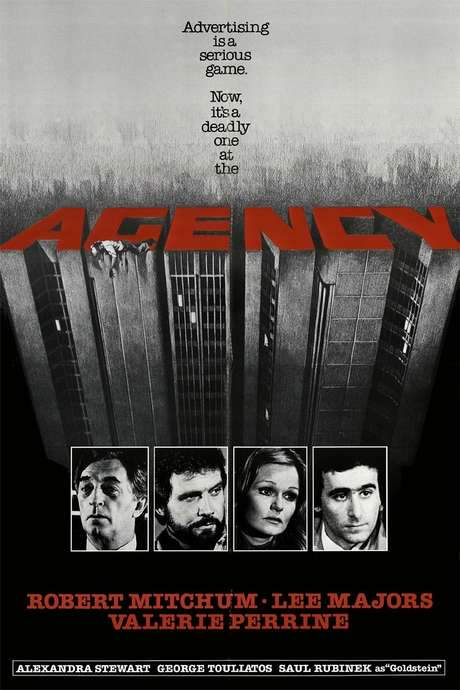
Network
Year: 1976
Runtime: 121 min
Language: English
Director: Sidney Lumet
Budget: $3.8M
This film offers a sharp critique of the television industry's relentless pursuit of higher ratings. Howard Beale, a news anchor facing disillusionment, publicly announces his intention to commit suicide on air. Instead of stopping him, the network decides to capitalize on the situation, recognizing the potential for increased viewership. Beale embraces the chaos, delivering increasingly outrageous and provocative broadcasts that resonate with a public feeling ignored and disenfranchised. His unconventional approach unexpectedly transforms him into an unlikely symbol of rebellion and a voice for the masses.
Warning: spoilers below!
Haven’t seen Network yet? This summary contains major spoilers. Bookmark the page, watch the movie, and come back for the full breakdown. If you're ready, scroll on and relive the story!
Network (1976) – Full Plot Summary & Ending Explained
Read the complete plot breakdown of Network (1976), including all key story events, major twists, and the ending explained in detail. Discover what really happened—and what it all means.
In September 1975, longtime anchor Howard Beale of the UBS Evening News receives the crushing news from his friend and news division president, Max Schumacher, that he has only two more weeks left on the air due to plunging ratings that have been in decline since 1969. His Home Use Television (HUT) ratings have dropped from 16 to 8, with his audience share plummeting from 28 to 12.
That very night, Beale creates a shocking announcement to his audience, declaring his intention to commit suicide during the next Tuesday’s newscast. Despite UBS’s desperate attempts to fire him immediately, Schumacher steps in to ensure Beale receives a dignified farewell, all while grappling with his own mounting pressures within a news division facing an annual deficit of $33 million.
At the annual stockholder’s meeting, CCA’s CEO, Frank Hackett, reveals a strategy to make the news division more accountable to the local network instead of its current independence. Schumacher, blindsided by the revelation, is infuriated as this severely curtails his influence. Meanwhile, Edward George Ruddy, the CEO of UBS and Schumacher’s boss, insists that changes are necessary.
Promising to apologize for his outburst, Beale instead goes on a passionate tirade about life being “bullshit.” Although the network wishes to cut him off the air, Schumacher sees an opportunity for himself too, allowing Beale to continue airing his raw thoughts. This resonates with viewers, causing ratings to surge, which intrigues the UBS executives, who decide to capitalize on Beale’s newfound popularity.
As events escalate, Programming Chief Diana Christensen persuades Hackett to take control of Beale’s show, asserting that it could financially save the network with ad spots potentially reaching $100,000 per minute. Despite Hackett’s reservations—especially after the disarray following Beale’s last public outburst—executives resign themselves to the decision, even at the risk of angering the formidable news division.
Amidst the chaos, Beale’s visceral expression ignites a nationwide movement as he famously declares, > “I’m as mad as hell, and I’m not going to take this anymore!” Soon, he reigns over a new program named The Howard Beale Show, captivating audiences and boosting his show to national prominence, reaching the remarkable rank of #4—which had only been achieved by a news program once before.
While Schumacher’s marriage to Louise begins to crumble amid the show’s soaring success and their personal relationship blooms, Christensen reaches out to Schumacher, promising to transform Beale’s image further. However, their collaboration grows tense when Schumacher seeks to shift away from Beale’s “angry man” format to prioritize Beale’s well-being, prompting Christensen to undermine his authority.
Eventually, the show takes a darker turn as ratings start to falter when Beale shifts his narrative towards the alarming realities of society, which audiences find overwhelming. With pressures mounting, Jensen warns Beale to forsake his critical message for a new “Evangel,” claiming business is power. Despite this pressure, when the situation gets dire, the UBS executives, believing they’ve become victims of Beale’s influence, plot to have him assassinated live on air.
The chilling climax culminates in Beale’s death, marking the end of The Howard Beale Show and giving rise to the new series The Mao Tse-Tung Hour. As the screen fades, a cold voice-over concludes, “This was the story of Howard Beale: the first known instance of a man who was killed because he had lousy ratings.”
Last Updated: November 16, 2024 at 14:56
Explore Movie Threads
Discover curated groups of movies connected by mood, themes, and story style. Browse collections built around emotion, atmosphere, and narrative focus to easily find films that match what you feel like watching right now.
Scathing Media Satires like Network
Biting satires that expose the dark underbelly of the entertainment and news industries.Explore movies like Network that offer a cynical and critical look at the media industry. These films share a darkly satirical tone, exploring themes of corporate greed, sensationalism, and the erosion of ethics for entertainment and profit.
Narrative Summary
Stories in this thread often follow institutions or individuals within the media landscape as they abandon principle for popularity. The narrative typically involves a descent into moral bankruptcy, where success is measured by shock value and audience engagement, regardless of the human cost.
Why These Movies?
These films are grouped by their shared focus on critiquing the media apparatus. They possess a dark, satirical tone, a steady pacing that builds to a revelation of systemic rot, and a heavy emotional weight derived from witnessing integrity being traded for influence.
Bleak Corporate Critiques like Network
Stories where institutions prioritize profit over humanity, leading to bleak conclusions.If you liked Network's takedown of corporate America, you'll find similar themes here. These movies depict worlds where business interests crush human spirit, often leading to tense, heavy dramas with cynical or bleak endings about systemic failure.
Narrative Summary
The narrative pattern involves a character or group confronting a powerful, amoral institution. The conflict highlights the institution's cold logic, which ultimately overwhelms individual humanity. The journey is often one of disillusionment, ending with the system's victory or a stark revelation of its pervasive power.
Why These Movies?
They share a dominant theme of institutional critique, a consistently dark tone, and a high-intensity atmosphere fueled by the tension between human values and corporate imperatives. The endings are frequently bleak, reinforcing the seemingly insurmountable nature of the system.
Unlock the Full Story of Network
Don't stop at just watching — explore Network in full detail. From the complete plot summary and scene-by-scene timeline to character breakdowns, thematic analysis, and a deep dive into the ending — every page helps you truly understand what Network is all about. Plus, discover what's next after the movie.
Network Timeline
Track the full timeline of Network with every major event arranged chronologically. Perfect for decoding non-linear storytelling, flashbacks, or parallel narratives with a clear scene-by-scene breakdown.

Characters, Settings & Themes in Network
Discover the characters, locations, and core themes that shape Network. Get insights into symbolic elements, setting significance, and deeper narrative meaning — ideal for thematic analysis and movie breakdowns.

Network Spoiler-Free Summary
Get a quick, spoiler-free overview of Network that covers the main plot points and key details without revealing any major twists or spoilers. Perfect for those who want to know what to expect before diving in.

More About Network
Visit What's After the Movie to explore more about Network: box office results, cast and crew info, production details, post-credit scenes, and external links — all in one place for movie fans and researchers.

Similar Movies to Network
Discover movies like Network that share similar genres, themes, and storytelling elements. Whether you’re drawn to the atmosphere, character arcs, or plot structure, these curated recommendations will help you explore more films you’ll love.
Explore More About Movie Network
Network (1976) Scene-by-Scene Movie Timeline
Network (1976) Movie Characters, Themes & Settings
Network (1976) Spoiler-Free Summary & Key Flow
Movies Like Network – Similar Titles You’ll Enjoy
Good Night, and Good Luck. (2005) Detailed Story Recap
Prime Time (2021) Plot Summary & Ending Explained
Bombshell (2019) Film Overview & Timeline
Broadcast News (1987) Complete Plot Breakdown
Talk Radio (1988) Spoiler-Packed Plot Recap
Celebrity (1998) Detailed Story Recap
Money Monster (2016) Full Summary & Key Details
Manhattan Night (2016) Complete Plot Breakdown
15 Minutes (2001) Plot Summary & Ending Explained
A Shock to the System (1990) Complete Plot Breakdown
Medium Cool (1969) Film Overview & Timeline
Live! (2007) Spoiler-Packed Plot Recap
Agency (1980) Full Movie Breakdown
The Pyramid (1976) Full Summary & Key Details
Two Against the World (1936) Ending Explained & Film Insights


